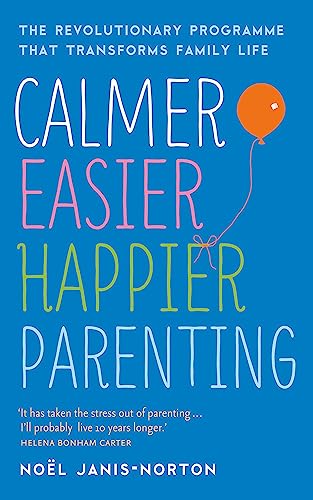The book explores both theoretically and empirically the impacts of housing reforms on housing provision in the context of the transition from a centrally-planned to a market-based economy. Fifteen years after the overthrow of state socialism housing policy has lost its privileged status of a political priority as most politically emb- ded systems had favoured market-based solutions to housing problems. This dep- ture from state controlled housing policies with the aim of providing a dwelling for every family is significant, particularly in some post-socialist countries where no new housing policy has emerged. The transition process, embedded in the paradigm shift from central planning to markets, has triggered off turbulence and adjustments with tangible outcomes in post-socialist housing systems. What has changed and what new housing systems have emerged during this dramatic ’transition to markets and democracy’? Are these systems more efficient and equitable? These questions are the main focus of the book with an emphasis on diversity and change in housing reforms. The book supports the hypothesis that notions of convergence are not really appropriate to the conceptualisation of post-socialist housing systems. It argues that different housing policy choices are going to map out increasingly divergent s- nario for future development.












